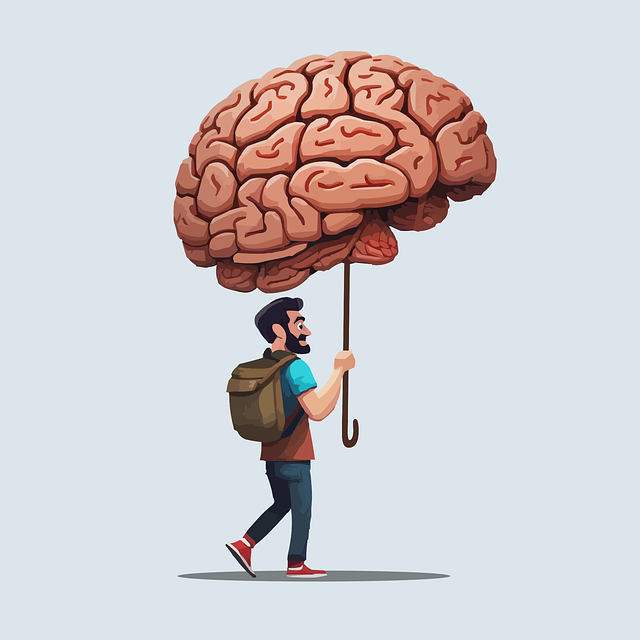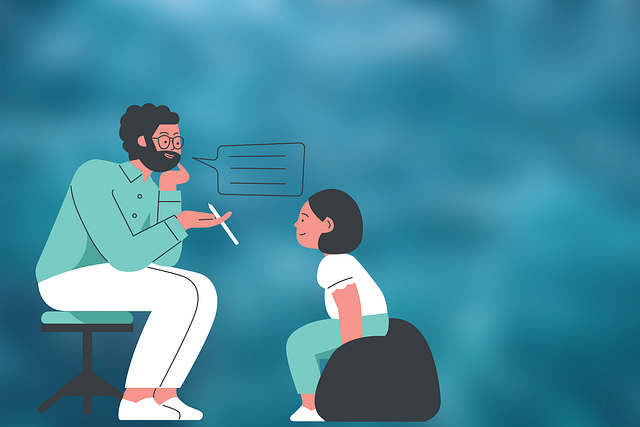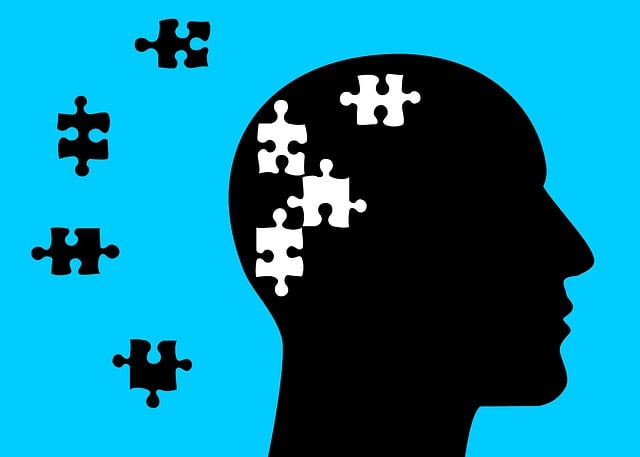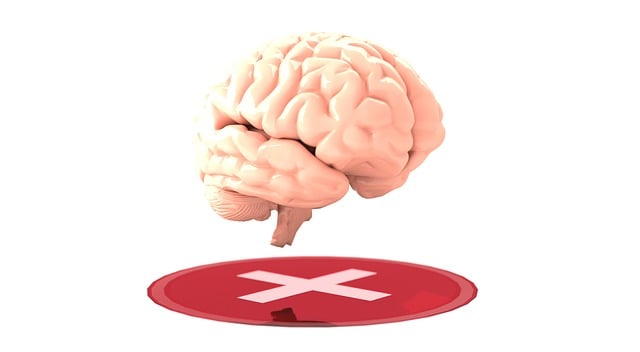Lafayette's French-speaking communities face mental healthcare disparities due to language and cultural barriers. Tailored solutions like Lafayette French Speaking Therapy address these issues by offering culturally appropriate support, improving trauma assessments, and boosting confidence among diverse populations. Podcasts in their native language further empower individuals while Mind Over Matter Principles and Social Skills Training enhance accessibility for this specific demographic, enriching mental wellness practices with culturally sensitive insights.
In the diverse landscape of mental healthcare, cultural sensitivity is paramount. This article explores Lafayette’s unique context with its French-speaking community, delving into the specific needs and challenges they face. We examine barriers that hinder access to mental health services for French speakers and present strategies for therapists to cultivate cultural competence. By integrating Lafayette’s rich cultural heritage into therapeutic approaches, we aim to enhance care and improve outcomes for French-speaking individuals seeking therapy.
- Understanding Cultural Sensitivity in Mental Healthcare
- The Lafayette French-Speaking Community: Unique Needs and Challenges
- Barriers to Accessing Mental Health Services for French Speakers
- Strategies for Culturally Competent Practice in Therapy
- Integrating Lafayette's Cultural Heritage into Therapeutic Approaches
Understanding Cultural Sensitivity in Mental Healthcare

Cultural sensitivity in mental healthcare involves understanding and respecting the diverse beliefs, values, and practices of individuals from different cultural backgrounds. This is particularly relevant in communities like Lafayette, where French-speaking populations may require specific therapy services tailored to their linguistic and cultural needs. Lafayette French speaking therapy offers a bridge between mental health professionals and these communities, ensuring effective communication and culturally appropriate care.
Integrating cultural sensitivity enhances the delivery of trauma support services by acknowledging that experiences and expressions of trauma can vary across cultures. It also plays a crucial role in boosting confidence among individuals from diverse backgrounds, as they receive care that validates their unique perspectives. Moreover, mental wellness podcast series production can be culturally sensitive, incorporating stories and insights from various communities to create inclusive content that resonates with a broader audience.
The Lafayette French-Speaking Community: Unique Needs and Challenges

The Lafayette French-speaking community presents unique challenges and needs within mental healthcare. Often overlooked in mainstream services, this demographic requires tailored support that respects their cultural nuances and linguistic barriers. Many individuals face difficulties accessing therapy due to a lack of French-speaking professionals, which can exacerbate existing mental health concerns. The mental wellness podcast series production can be a powerful tool to reach and engage this community, offering accessible resources and a safe space to discuss sensitive topics in their native language.
Lafayette’s French-speaking residents may also benefit from programs that incorporate Mind Over Matter Principles, allowing them to connect with fellow community members and explore therapeutic practices within a familiar cultural context. Furthermore, Social Skills Training tailored for bilingual individuals can help bridge the gap between their native and adopted languages, fostering better communication in both personal and professional settings. These initiatives are essential steps towards building inclusive mental healthcare environments that cater to the diverse needs of Lafayette’s French-speaking population.
Barriers to Accessing Mental Health Services for French Speakers

Accessing mental health services can pose significant challenges for Lafayette’s French-speaking community. Language barriers often create a substantial hurdle, leading to undiagnosed or untreated mental health issues. Many French speakers may feel uncomfortable discussing personal struggles in a non-familiar language, especially when sensitive topics arise. This apprehension could deter individuals from seeking the help they desperately need.
Cultural nuances and differences in expression also play a role. What might be considered normal behavior or a sign of distress in one culture could be interpreted differently in another. Mental health professionals must be aware of these cultural subtleties to conduct accurate risk assessments (a crucial aspect for mental health professionals) and provide culturally sensitive therapy, such as Lafayette French speaking therapy. Encouraging open communication and building trust within this community is essential to improving mental wellness, which can be further facilitated by the production of a dedicated Mental Wellness Podcast Series tailored to their specific needs. Boosting confidence in these individuals’ ability to express themselves freely is another step towards breaking down these barriers.
Strategies for Culturally Competent Practice in Therapy

In the pursuit of culturally competent practice, therapists must embrace strategies that bridge cultural gaps and foster understanding. One effective approach involves integrating the client’s language, such as French spoken in Lafayette, into therapy sessions. This simple act not only accommodates the individual but also demonstrates respect for their heritage, encouraging open communication. Additionally, therapists should be adept at tailoring interventions to align with the client’s cultural values and beliefs, ensuring that strategies for emotional regulation and crisis intervention guidance are culturally sensitive.
Mental health awareness plays a pivotal role in this process. By educating themselves on various cultural practices and belief systems, therapists can avoid assumptions and stereotypes. They can then employ techniques that respect the client’s autonomy while addressing their unique needs. This holistic approach not only enhances the therapeutic relationship but also optimizes outcomes for clients from diverse backgrounds, including those who speak French in Lafayette.
Integrating Lafayette's Cultural Heritage into Therapeutic Approaches

Integrating Lafayette’s rich cultural heritage into therapeutic approaches is a critical aspect of providing culturally sensitive mental healthcare. As a diverse community with a strong French-speaking tradition, Lafayette offers unique insights that can enhance therapeutic interventions. Therapists practicing in this context must be adept at understanding and valuing the specific needs and experiences of their French-speaking clients. This involves learning about local customs, language nuances, and historical influences to create an inclusive environment.
Lafayette’s Cultural Heritage plays a significant role in shaping individuals’ mental health perspectives and coping mechanisms. By incorporating these cultural elements into therapy sessions, professionals can foster deeper connections with patients. For instance, French-speaking therapists can utilize Lafayette’s vibrant cultural events and traditions as metaphors or discussion points during sessions, helping clients explore their emotions and challenges from a culturally relevant perspective. This approach not only enhances the therapeutic process but also contributes to improved stress management and better risk assessment for mental health professionals working in this community.
Cultural sensitivity is a cornerstone of effective mental healthcare, especially within diverse communities like Lafayette’s French-speaking population. By understanding and addressing the unique needs and challenges faced by this community, therapists can significantly improve access to quality care for Lafayette French speakers. Implementing culturally competent practices and integrating local cultural heritage into therapeutic approaches not only enhances treatment outcomes but also fosters a sense of belonging and trust. Recognizing and respecting cultural differences is essential in creating an inclusive healthcare environment that benefits all individuals seeking mental health support.













